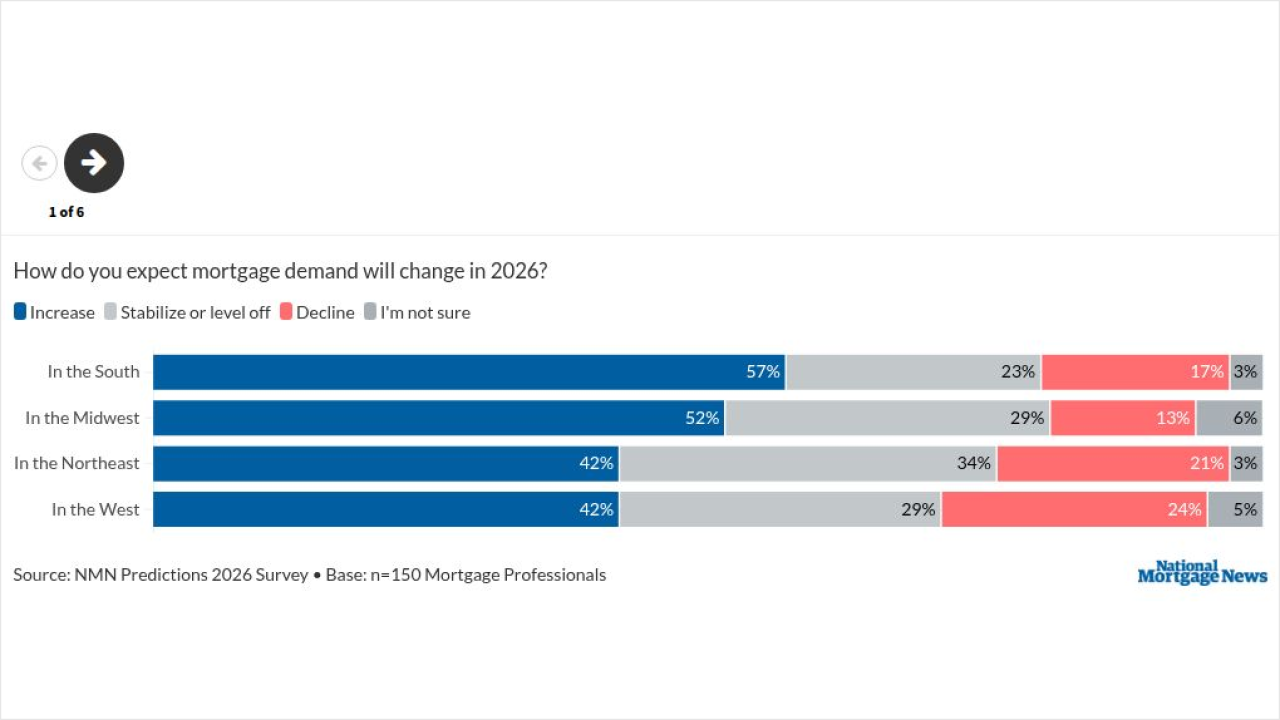A change by credit-reporting agencies on how medical-collection data are handled will likely benefit consumers seeking a mortgage, but to what extent remains uncertain.
But higher credit scores alone should allow more consumers to qualify for a loan, if not
The move to leave medical collections off credit reports beginning this summer, jointly announced by Equifax, Experian and TransUnion, provides "welcome relief" to consumers, especially those that had unforeseen medical bills because of the pandemic or other reasons, said Shelley Leonard, the president of
So while it will have a positive effect on the credit scores derived from the information those repositories maintain, it is hard to define how much improvement there could be because every consumer is unique, Leonard continued.
"However, it is helpful to understand that industry-standard mortgage scores treat an unpaid medical collection as seriously derogatory information," Leonard said. "The existence of a single collection can keep a consumer from achieving the top category of creditworthiness."
Credit-analytics firm FICO created the algorithm used for the vast majority of originated mortgages, including all conforming and government-insured loans. Back in 2014, the company released
The company is working with the credit bureaus to quantify the impact of this change, Ethan Dornhelm, vice president, FICO Scores and predictive analytics, said.
"We anticipate that the aggregate impact of this change on [a] FICO score will be modest, given our early estimates that just one in 10 FICO-scorable consumers have medical collection information that would be impacted by this new policy," Dornhelm pointed out.
VantageScore, FICO's competitor that is jointly owned by the credit-reporting agencies, noted that
"
The repositories will initiate the change effective July 1. Starting that day, paid medical-collection debt will no longer be included on consumer credit reports. In addition, the time period before unpaid medical-collection debt would first appear on a consumer's report will be increased to one year from six months. The goal is to give consumers more time to work with their insurer and/or health-care provider to address debt before it is reported on a credit file.
Then, in the first half of 2023, Equifax, Experian and TransUnion will no longer include medical collection debt of $500 or less on credit reports.



